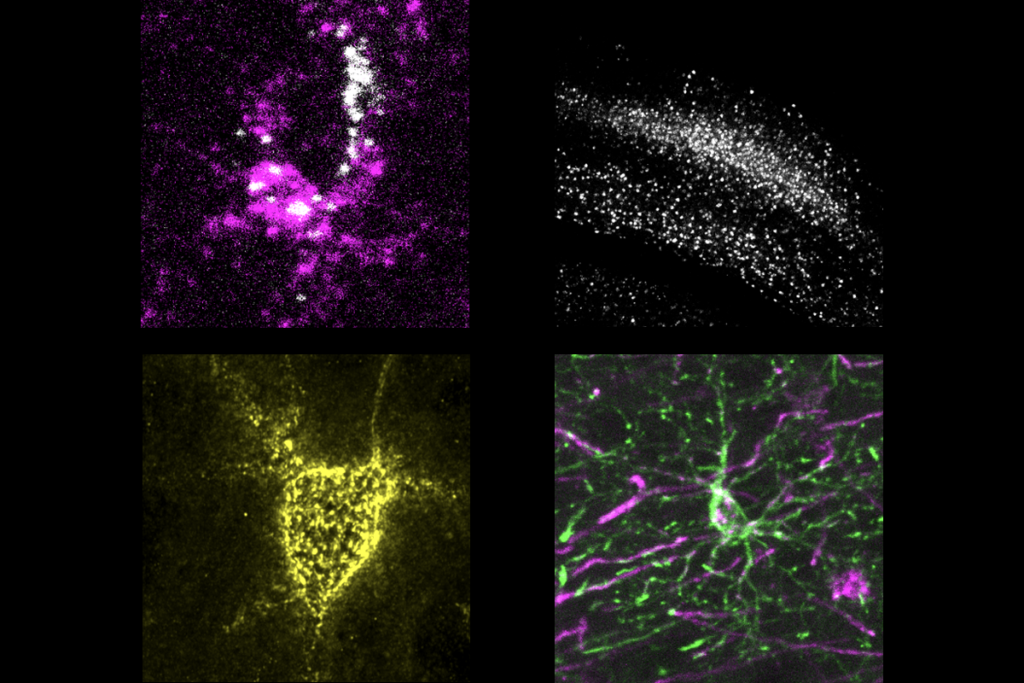Jacqueline Crawley is professor emeritus of psychiatry and behavioral sciences at the University of California, Davis.
Jacqueline Crawley
Professor
University of California, Davis
From this contributor
Optimizing behavioral assays for mouse models of autism
As the number of autism rodent models climbs, it is a good time for the field to step back and consider the best practices for assessing autism-like symptoms in rodents, says Jacqueline Crawley.

Optimizing behavioral assays for mouse models of autism
Transparent reports
New standards for animal studies, including an emphasis on replicating results and the publication of negative findings, are vital for research progress, says Jacqueline Crawley.
Promises and limitations of mouse models of autism
Good mouse models of autism, and accurate tests to assay their phenotypes, are key to both narrowing down a cause and developing effective treatments, argues expert Jacqueline Crawley.

Promises and limitations of mouse models of autism
Explore more from The Transmitter
Alex Maier argues that a scientific explanation of consciousness requires grounding in formalized mathematics
When it comes to discovering laws of nature for consciousness similar to those in physics, Maier argues that integrated information theory is the only game in town.
Alex Maier argues that a scientific explanation of consciousness requires grounding in formalized mathematics
When it comes to discovering laws of nature for consciousness similar to those in physics, Maier argues that integrated information theory is the only game in town.
Neuro’s ark: How goats can model neurodegeneration
Since debunking an urban legend that headbutting animals don’t damage their brain, Nicole Ackermans has been investigating how the behavior correlates with neurodegeneration.

Neuro’s ark: How goats can model neurodegeneration
Since debunking an urban legend that headbutting animals don’t damage their brain, Nicole Ackermans has been investigating how the behavior correlates with neurodegeneration.
Astrocytes stabilize circuits in adult mouse brain
The glial cells secrete a protein that suppresses plasticity post-development.

Astrocytes stabilize circuits in adult mouse brain
The glial cells secrete a protein that suppresses plasticity post-development.